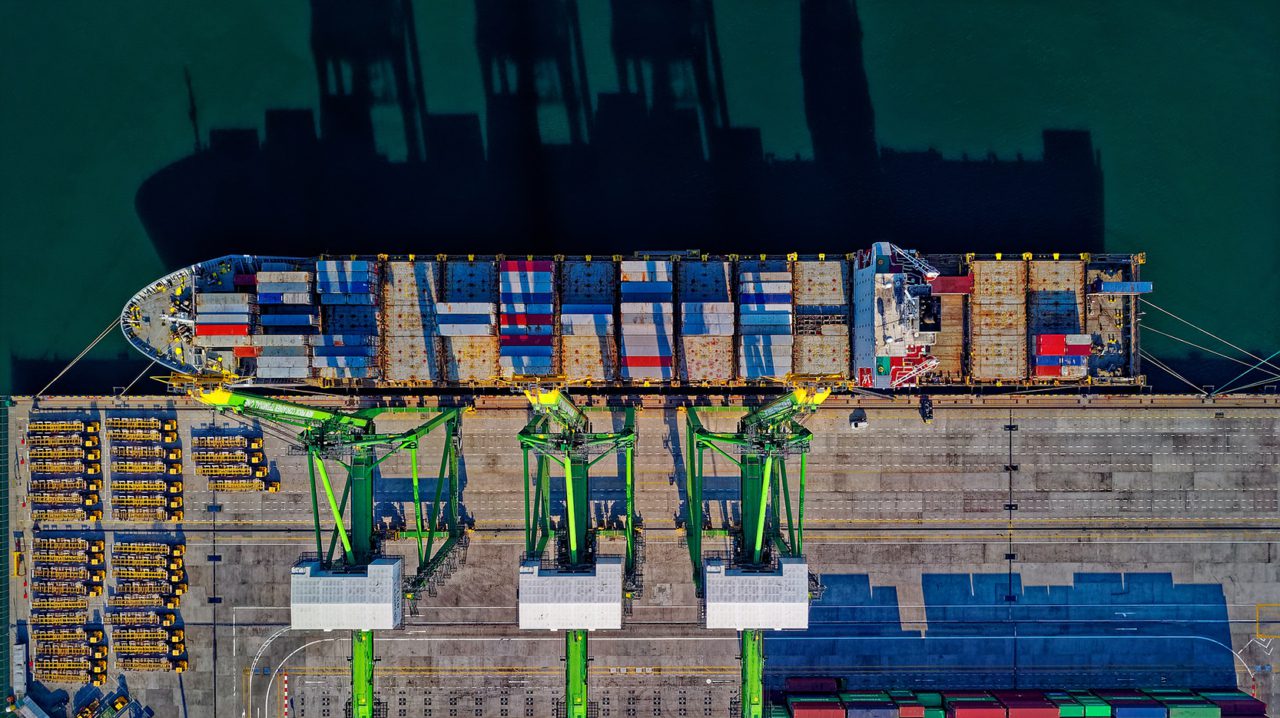What are Incoterms?
International commercial terms, or ‘Incoterms’ as they are often called, define where the responsibility lies between the buyer and the seller. Incoterms set rules for the delivery of goods between trading partners and are recognised globally. These rules help to clarify; who is responsible for the costs involved in the delivery of goods, such costs include insurance, freight/shipping and duty and who is responsible for the import/ export declarations and the associated filing costs.
Negotiating Incoterms
Companies should try to negotiate the best terms, ensuring that they strike the right balance of keeping buyers satisfied while also ensuring that they are not taking on any extra expenses which they cannot afford or that would make their sales unprofitable. It is important to consider how you will process any declarations and if you can afford to take on the extra costs associated with any of the methods available.
When agreeing on Incoterms, it can often be the case that the buyer has the greatest say and may dictate the terms. Some companies may take on responsibility for the declarations and duties in order to avoid passing the burden on to their end customer especially where it could be easy to find an alternative supplier locally.
Incoterms in Practice
There are currently 11 categories of Incoterms but we will look at two to understand how they work in practice.
EX Works (EXW) typically involves the buyer taking on the majority of the risk and costs involved. The seller agrees to have the goods available for collection at an agreed location. The buyer collects the goods and is responsible for both export and import declarations, shipping costs and the payment of duties.
Take for example, a French car manufacturer selling cars to a UK car dealership, under the term ‘Ex Works Paris’. The car manufacturer (the seller) will have the goods available for collection at their factory in Paris. The UK dealership (the buyer) will collect these goods. They will bring them to the port, ensure that they have the correct export documentation submitted. They must pay for the shipping and insurance cost. When they reach the UK, they are responsible for having the correct import documentation completed and that duties are paid. Finally, the UK dealership must pay for the transport from the point of entry at the port to their premises.
Delivered Duty Paid (DDP) is another term that is used regularly. Many large supermarket chains, for example, have stipulated to their suppliers that they must continue to supply goods under DDP terms post- Brexit. This term requires that the seller accepts all responsibility and costs for delivering the goods to the named place of destination. The seller must pay for both the export and import declarations along with taxes, duties, insurance and transport costs.
Take for example, an Irish vegetable producer supplying a supermarket in the UK under the term ‘DDP Birmingham’. The Irish supplier will now have to submit an export declaration for the goods to leave the country. They will have to pay for transport costs and insurance to get the goods to the UK. In order for the goods to be allowed into the UK, the supplier must ensure that they have the correct import documentation and that all duties and taxes have been paid. Once the goods have been imported, the Irish supplier must deliver the goods to the premises of the supermarket (the buyer) in Birmingham.
It is important that all companies are aware of the potential impact and extra cost that an Incoterm may have on their business before agreeing terms with their supplier or buyer.
For companies that feel that their customers could easily find an alternative supplier, it is vital that they take the necessary steps to increase their competitive advantage. Through continued innovation and engagement with their UK customers, companies can ensure that they provide not only a superior product but also better quality service than that of their competitors, making customers less likely to switch.
Further information on incoterms can be found on the International Chamber of Commerce’s website.



